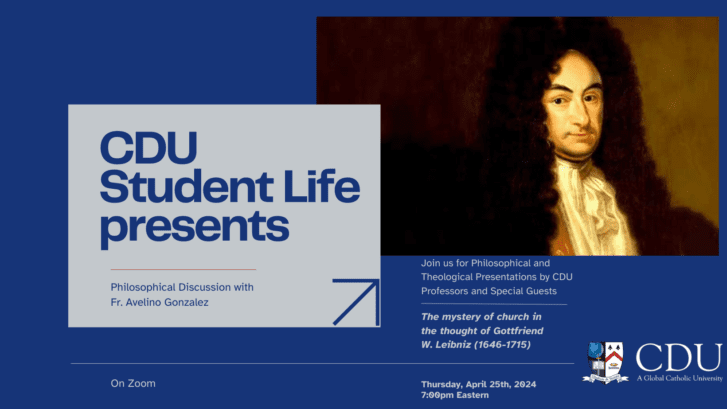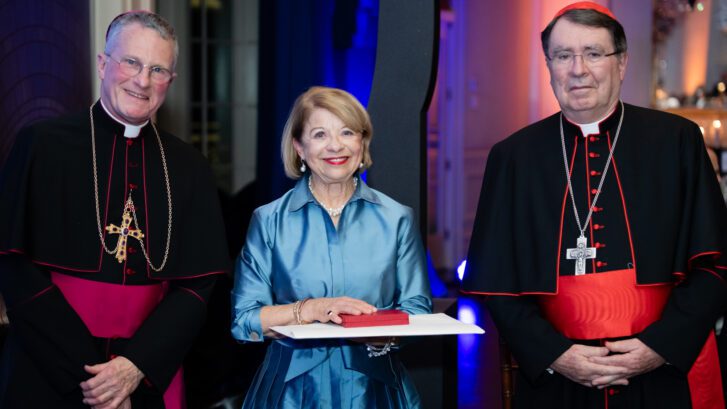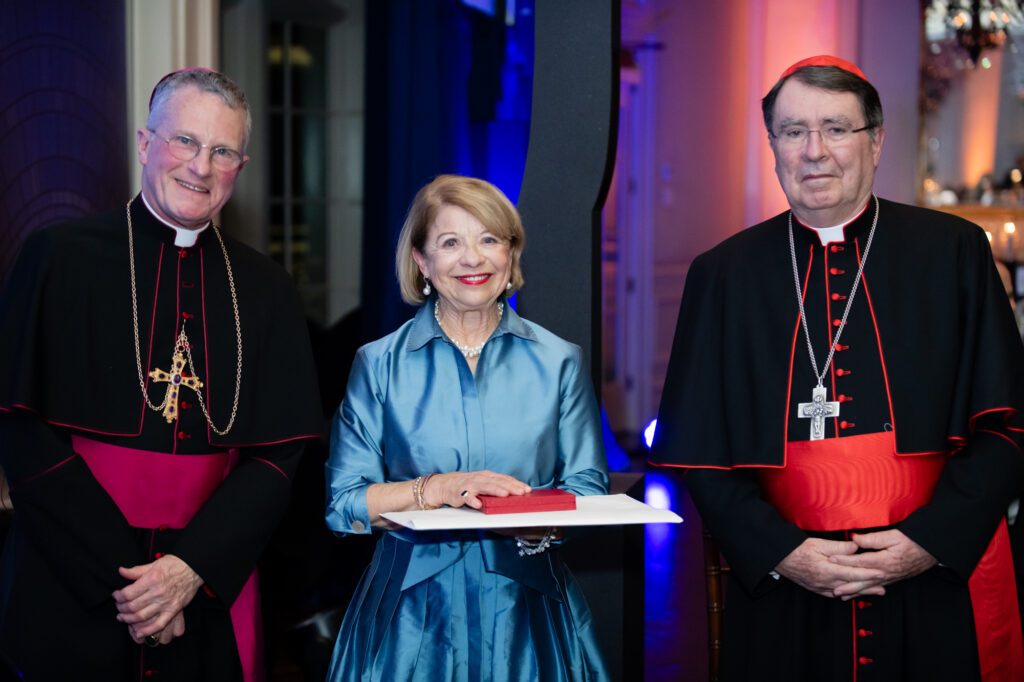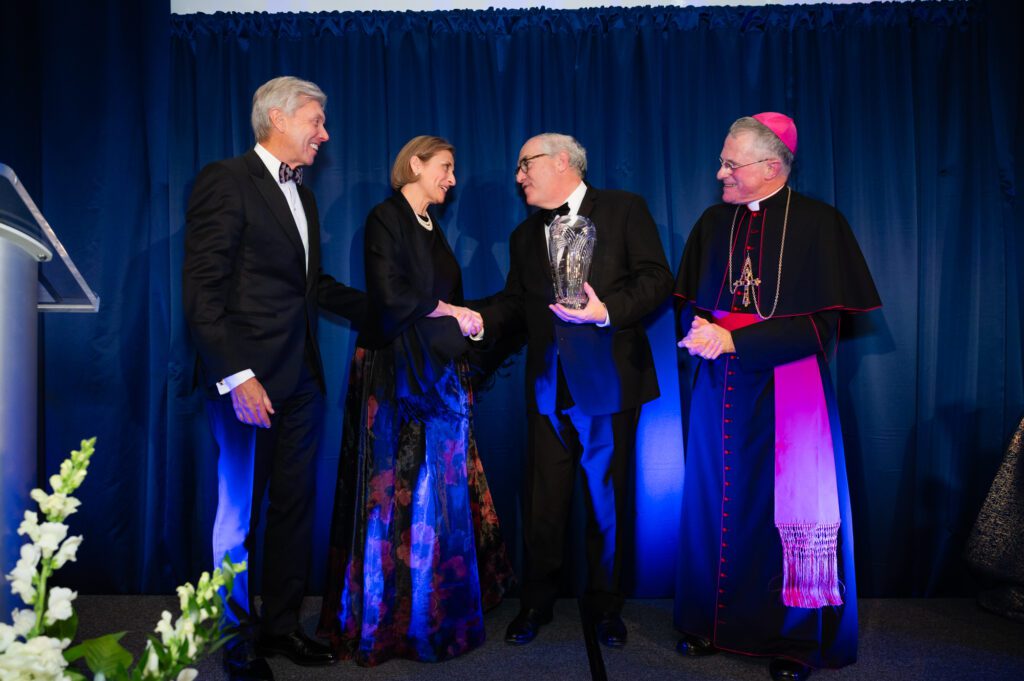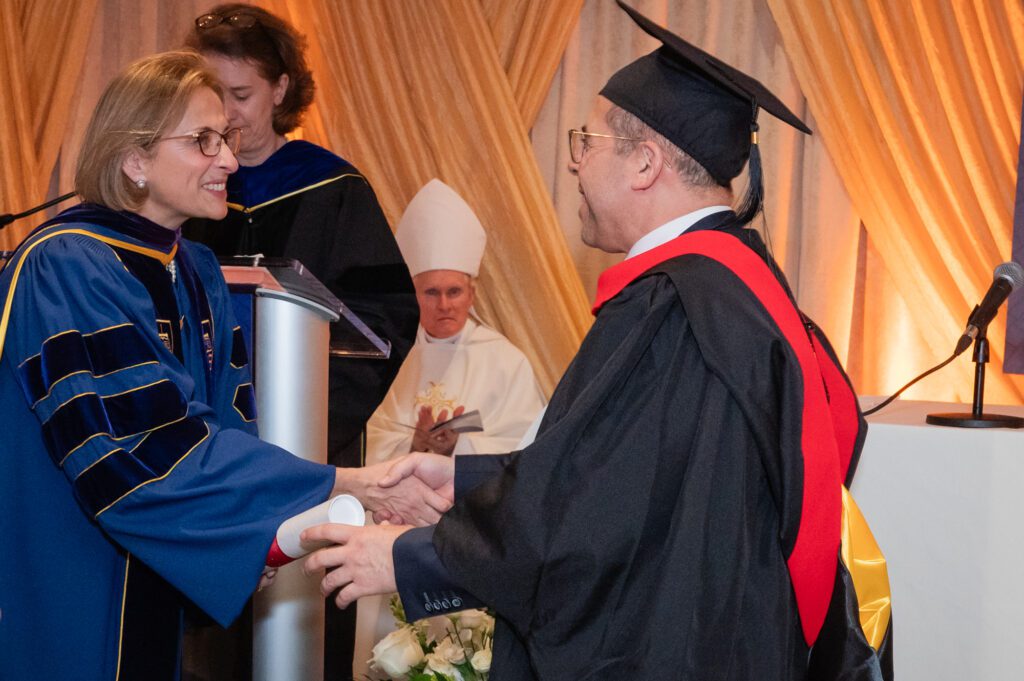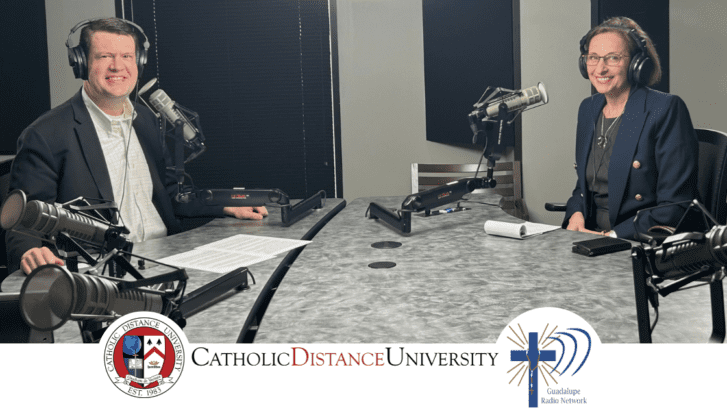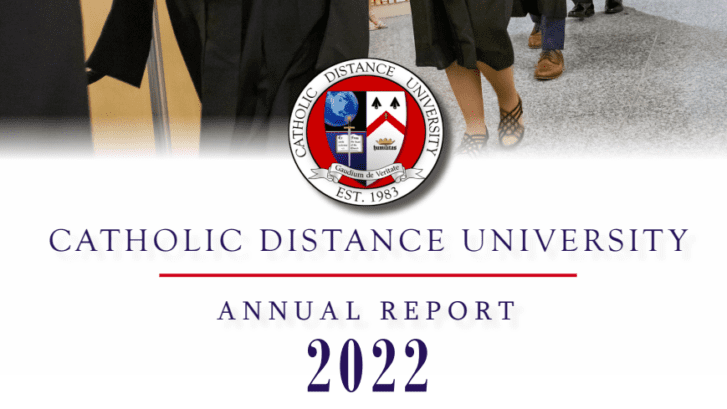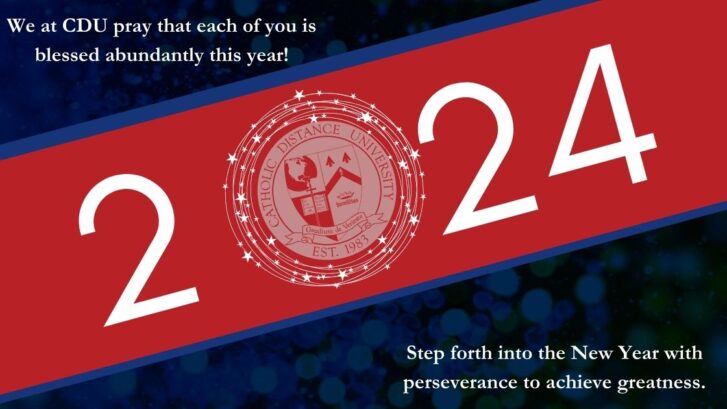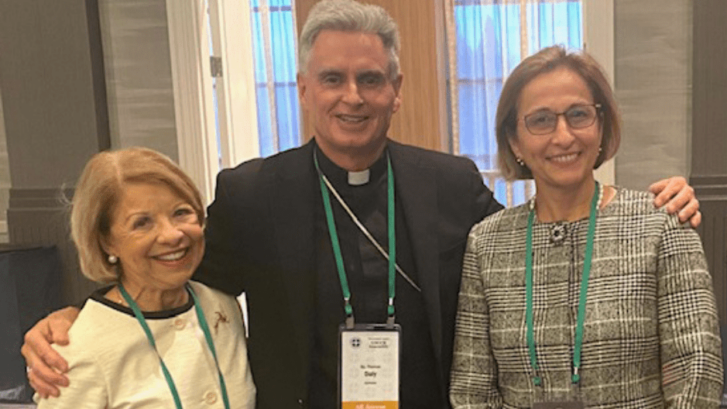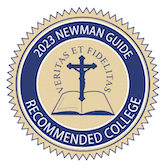Discussion Night “The mystery of church in the thought of Gottfriend W. Leibniz (1646-1715)”
Join us as we delve into the mysteries of Leibniz’s understanding of the Nature of the Church. This promises to be a stimulating and spiritually enriching event that you won’t want to miss.
Mark your calendar for this enlightening virtual Discussion Night on April 25th at 7:30 p.m. EST on Zoom.
About Rev. Dr. Avelino Gonzalez-Ferrer
Our speaker, Rev. Dr. Avelino Gonzalez-Ferrer, brings a wealth of knowledge and experience to this discussion. As a Catholic priest of the Archdiocese of Washington and former Vatican official, Dr. Gonzalez-Ferrer holds a doctorate in Sacred Theology from the Pontifical University of St. Thomas Aquinas in Rome, Italy. His insights promise to deepen our understanding of Leibniz’s theological-metaphysics and its relevance to contemporary ecclesiology.
We’ll Explore
- Gain a deeper understanding of Leibniz’s concept of the Church as a “moral person.”
- Learn how Leibniz’s theological-metaphysics can inform our contemporary understanding of the nature of the Church.
- Engage in stimulating discussion and exchange ideas with fellow members of the CDU community.
Details
Date: April 25th/span>
Time: 7:30 p.m. EST
Platform: Zoom
To register follow the link

